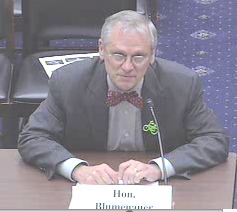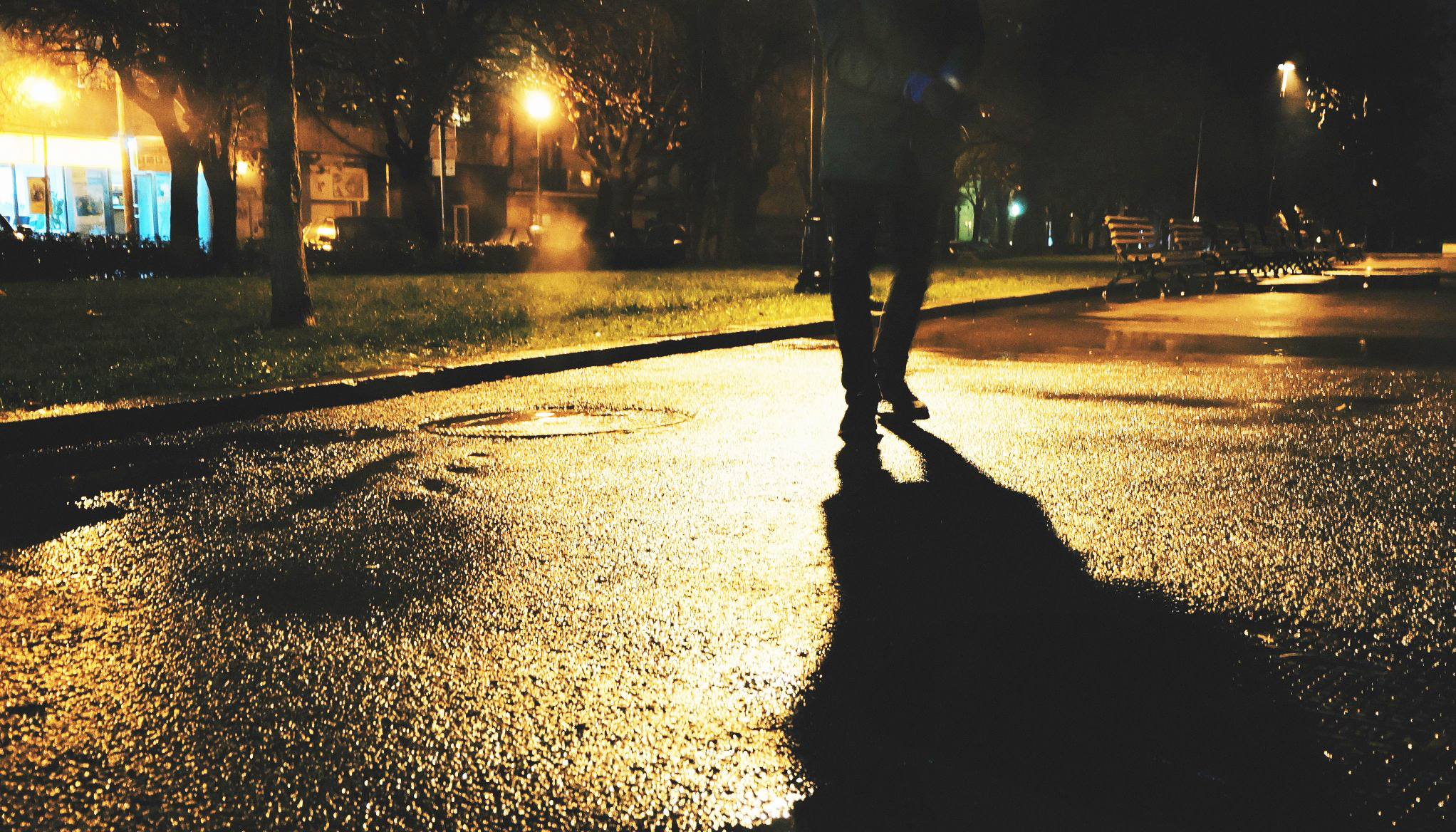While House Budget Committee Chair Paul Ryan grabbed headlines with the release of a fiscal plan that would severely constrain the federal transportation program (more on that later), the theme of the day at the Transportation and Infrastructure Committee was the desperate need to invest in infrastructure, as members of Congress provided their own proposals to the House Subcommittee on Highways and Transit.

In his opening remarks, Chairman John Duncan (R-TN) attempted to lay a framework for discussion that underscored his official stance that no new revenue streams for transportation should be considered. He asked representatives to present proposals that first considered the “more than 100 highway safety programs, many of which are duplicative or don’t serve a need” and provide ideas that “review and reform what we already have.” However, ranking member Peter DeFazio (D-OR) cut straight to the revenue problem, calling American infrastructure “fourth-world in terms of the percentage of GDP that we are investing.” DeFazio was not optimistic that real solutions to the nation's infrastructure funding crisis could exclude new funding sources.
About 20 representatives from both parties testified, and their recommendations ran the gamut from returning to a more earmark-centric funding scheme to selecting projects based on concrete performance measures. While not everyone mentioned pedestrian, bicycling and transit infrastructure, many did.
Members frequently made the case for specific projects in their districts, but rarely did this rise above a call to simply invest Congress with more power to allocate funding. (Alaska Republican Don Young took this stance to the extreme, calling for the elimination of state DOTs and a renewed priority on Congressional earmarks.)
One exception was California Democrat Judy Chu, who endorsed beefing up the TIFIA loan program, as outlined in the America Fast Forward [PDF] proposal. Such a proposal would specifically benefit Los Angeles’s 30/10 transit plan, but could also be generalized to help any metro region that passes a local tax measure to fund transportation. "Our region is too congested and polluted to wait 30 years for a 21st century transportation system," said Chu. "We can do this in just a decade by boosting TIFIA by reforming six provisions."
Another was Oregon Democrat Earl Blumenauer, who focused on picking projects based on their outcomes and switching the federal funding mechanism from the gas tax to a mileage-based model. He asked the committee to "reframe the regulatory debate [by asking] what is actually the outcome? Can we make this more performance driven?" The gas tax, he said, isn't going to cut it anymore, because "using a fee based on consumption puts us on a downward spiral that cannot support our transportation needs."
Notably, more Democrats than Republicans came to testify. Several Republicans present were given time by Duncan, only to decline to make a statement. Of those who did come forward, bridges and highways were clearly priorities. Representative Jean Schmidt (R-OH), a member of the subcommittee, championed earmarking funds for replacing the Brent Spence Bridge -- which carries traffic on I-75 and I-71 over the Ohio River, between Lexington and Cincinnati -- along with two of her Ohio Republican colleagues.
Of the new funding requests, one seemed to leave members especially confused. Representative Jason Altmire (D-PA) suggested that Congress needs to more to provide for our aging population. His suggestion was not to improve pedestrian or transit facilities, but to invest in larger print signage and more left turn lanes at intersections.
The suggestions may keep rolling in for the next month. The subcommittee will leave the hearing “open” to receive additional testimony from members for the next thirty days.





